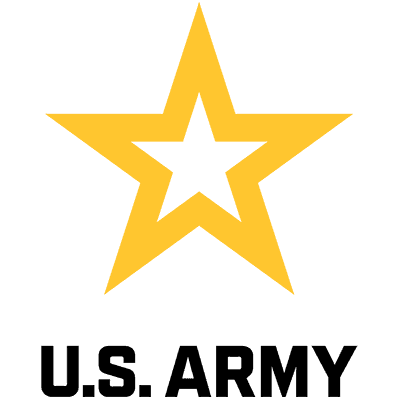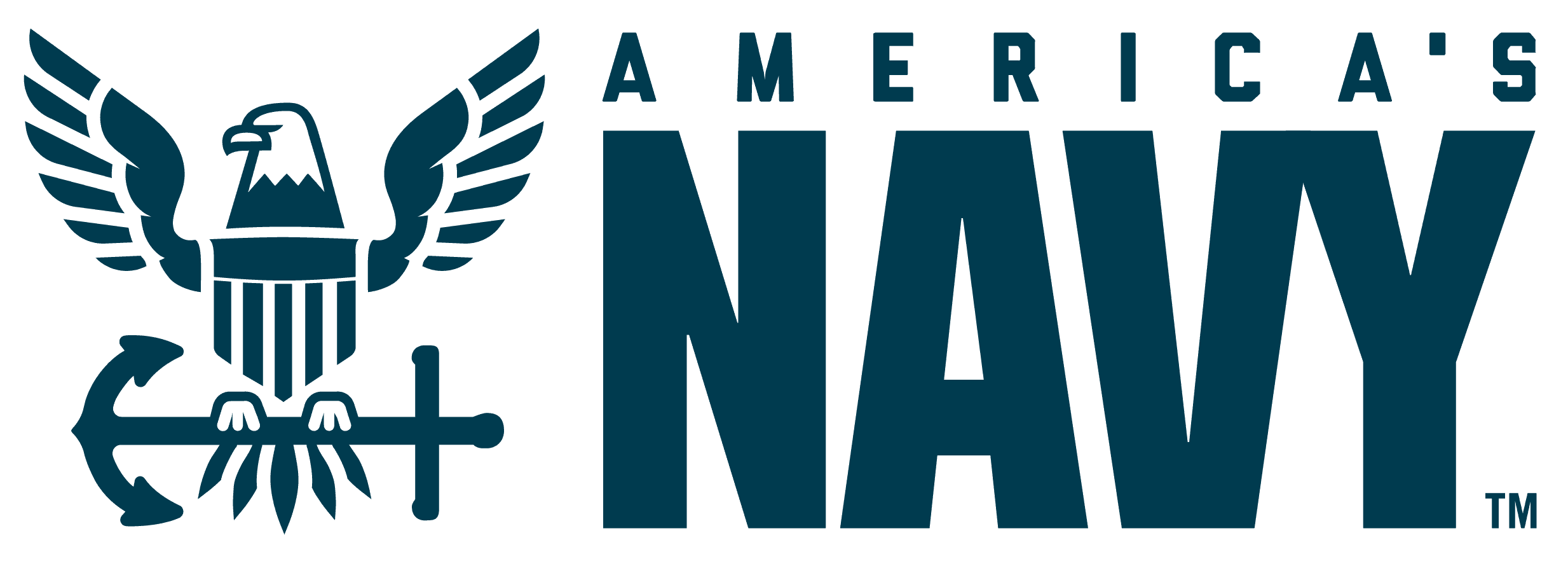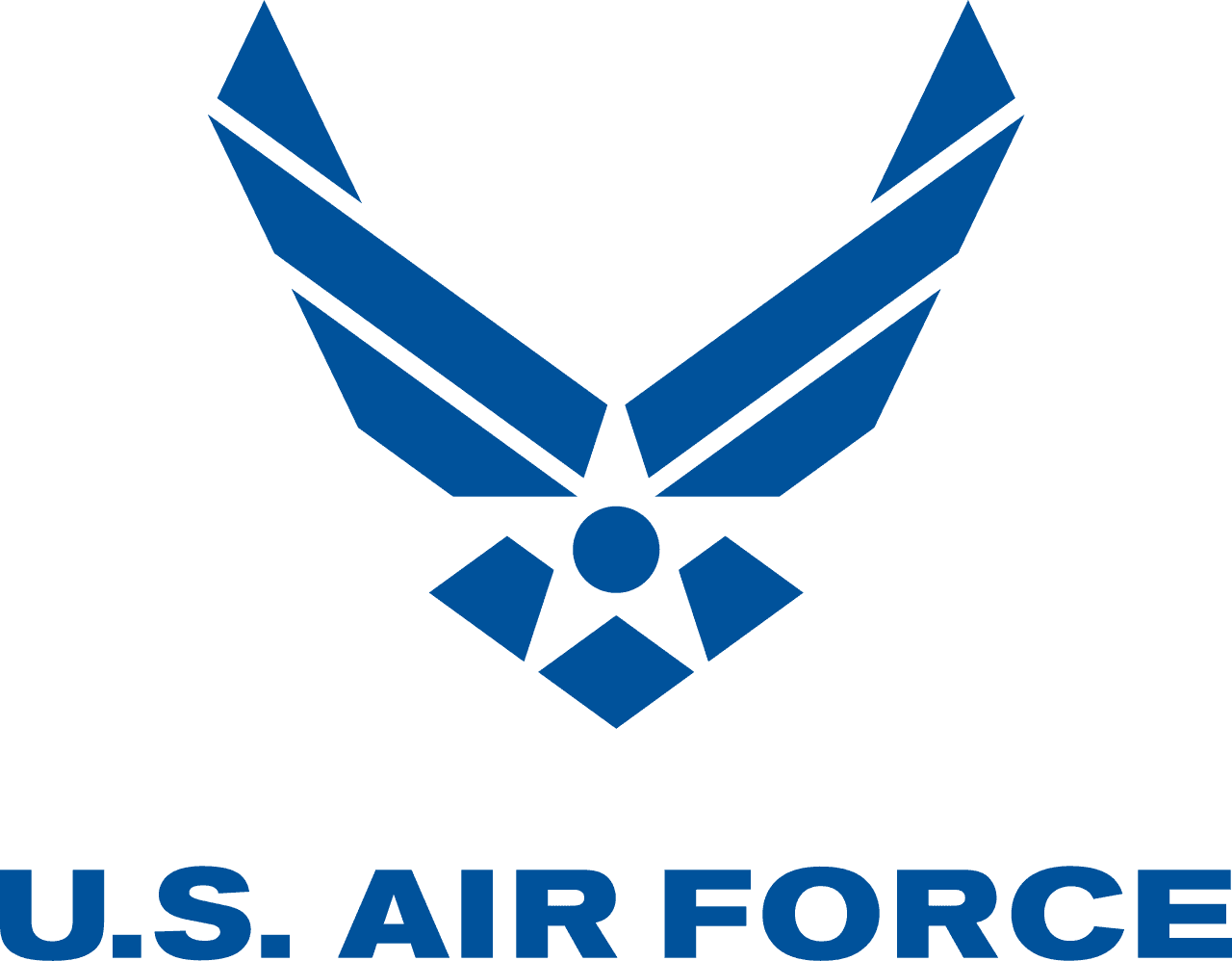Military Power Plant Mechanics
Overview
What are the responsibilities of this role?
Power plant mechanics install, maintain, and repair mechanical equipment in power-generating stations. They maintain various types of power-generating equipment on land, ships, and submarines. They also support the mobile utility equipment that the Military provides as portable, temporary sources of electricity.
What is the work environment like?
Powerhouse mechanics work in equipment repair shops, power plant stations, or power-generating rooms aboard ships. Sometimes they work outdoors while repairing substation-generating equipment.
How many people have this role in the Military?
31,365
Compensation
Understanding How Military Pay is More Than Just a Salary
Base pay is the standard income you’ll earn as a service member, providing a stable foundation to start achieving your financial goals.
- Always fixed based on rank and service time.
- Distributed monthly.
What is the typical salary range?
$51,081
$71,918
$96,466
Military Details
What Service Branches offer this role?
Is this a staff or leadership role?
What does the training for this role entail?
All enlisted service members complete basic military training, which includes time spent in a classroom and in the field, and covers tactical and survival skills, physical training, military life and customs, and weapons training. Powerhouse mechanics in the Military will gain skills through classroom study and on-the-job experience. Job-specific training may include:
- Principles of electricity
- Gas and diesel engine theories
- Hydraulic (fluid pressure) and pneumatic (air pressure) system maintenance
- Performing electrical assessments
- Generator and power plant operations
- Electrical generation and distribution
- Diesel generator operation, disassembly, inspection, and maintenance
Education
What level of education do professionals in this role have?
No data available for this section.
Which college majors best prepare you for this role?
- Engineering Technologies/Technicians, General
- Electrical, Electronic, and Communications Engineering Technology/Technician
- Electrical/Electronic Engineering Technologies/Technicians, Other
- Automation Engineer Technology/Technician
- Computer Engineering Technology/Technician
- Computer/Computer Systems Technology/Technician
- Telecommunications Technology/Technician
- Semiconductor Manufacturing Technology/Technician
Learn About How Military Can Pay for 100% of your College Degree
Skills and Interests
What knowledge is essential to bring to the table?
- Computers and Electronics
- Engineering and Technology
- Design
- Mechanical
- Mathematics
What personality traits help people thrive in this role?
You love hands-on work and solving practical problems — like fixing things and building stuff.
You love figuring out how things work and researching subjects that interest you.
You like structure, staying organized, and working with systems to get things done efficiently.
RIASEC represents six broad interest areas—Realistic, Investigative, Artistic, Social, Enterprising and Conventional—helping individuals identify careers that match their skills and preferences.
Take the RIASEC TestData supplied by Bureau of Labor Statistics, National Center of Education Statistics, Defense Manpower Data Center (View our update schedule). Contact any business, college or military service branch to answer additional questions.


